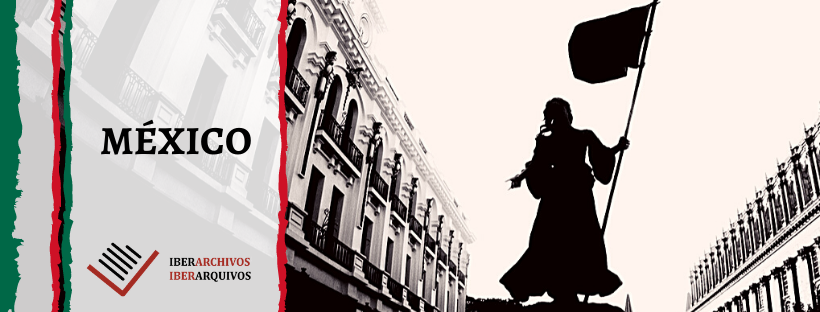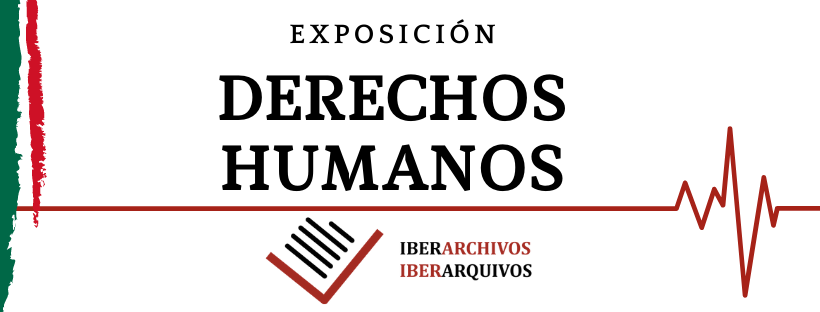

Project 2007/133. MEXICO
Archivo de la Violencia Feminicida: por los derechos humanos de las niñas y las mujeres en México (1st phase)
The Feminicide Violence Archive (AVV) contains copies of official documentation, books, magazines, periodicals, compact discs, films and other material on the situation of feminicide violence in the Mexican Republic. It is the result of research carried out by the Special Commission to Find Out About and Follow Up on Femicides in the Mexican Republic and by the Office of the Prosecutor of Justice linked to the LIX Legislature of the Chamber of Deputies (Mexico), chaired by Deputy Speaker Marcela Lagarde and de los Ríos.
The UNAM, through the Feminist Research Programme (PIF) of the Centre for Interdisciplinary Research in Sciences and Humanities (CEIICH), holds a copy of the Archive in its custody with the commitment to preserve, increase and maintain it as a living archive for consultation by the entire Ibero-American community and as a focus for research whose results have an impact on the design of public policies to eradicate violence against women in the country.
The following activities were carried out to fulfil the objectives:
1. identification of the background, sections and documentary series. During this process, some material was valued as confidential due to the personal information contained therein.
2. Description following the ISAD (G) standard
3. Preparation of a template for use in the AVF database
4. Digitisation of documents

You can consult the project’s technical report and the rest of the information here:

Project 2010/158. MEXICO
Digitisation of the historical archives of Colegio Madrid (1st phase)
Colegio Madrid was founded in Mexico City in 1941 by the government of the Second Spanish Republic in exile, with the aim of protecting and training children from the civil war, who were generously honoured by Cardenista Mexico and who would eventually become a Mexican-Spanish institution. Throughout its more than seven decades of existence, Colegio Madrid has established itself as an institution of academic excellence and pedagogical innovation
The directors and teachers of the first generations were trained as teachers and planners during the educational project of the Second Spanish Republic (1931-1939), one of the most ambitious and innovative of the 20th century. Its foundations included the dignification of teachers’ work, the integral training of children and young people for citizenship and the development of their potential through the application of the most modern didactics of the time.
The Madrid School’s pedagogical project was based on the republican values of justice, fairness and democracy and had as its direct antecedents the ideas of the New School, as well as the Free Teaching Institution and the School Institute, emblematic educational centres of the late 19th and early 20th centuries in Spain. These antecedents emphasised the importance of an education centred on the student and their formation, liberal in its political and social dimensions, strictly secular and aimed at a scientific and humanist understanding of the world.
In the 1970s and 1980s, in the face of the advance of authoritarianism in Latin America, the school, true to its history, welcomed exiles from various South American and Central American countries, in an act of solidarity equivalent to that which Mexico offered to the Spanish exile thirty years ago.
The archive has documents dating back to 1941, including its constitutive acts, deeds, educational project, historical and documentary background. The object of the project was the preservation of documentation that holds part of the history of the Spanish, Argentinian and Chilean exiles, necessarily linked to the history of the Madrid School.
You can consult the project’s technical report and the rest of the information here:

Project 2014/049. MEXICO
Identification, inventory and description of documents with secondary value in the Federal District Human Rights Commission for the creation of its Historical Archive
The Federal District Human Rights Commission is the institution responsible for investigating complaints and denunciations of alleged human rights violations committed by any authority or person who holds a position, office or commission in the public administration of Mexico City or in the procuration and judicial bodies that exercise local jurisdiction in Mexico City.
The project consisted of:
- Identifying the documentation which, based on the Documentary Disposal Catalogue, has secondary or historical value. To do this, document types, origin, format, medium and physical conditions were identified in order to determine the technical process that would be applied to the different documents that could be transferred to the CDHDF Historical Archive.
- Valuing the documents identified as having secondary value for their definitive conservation in the Historical Archive.
- Draw up a first descriptive inventory of the documents that will form part of the Historical Archive using international archival descriptive standards, for information exchange and future Ibero-American cooperation projects.
- Carry out the first transfer of documents to the Historical Archive.

You can consult the project’s technical report and the rest of the information here:
